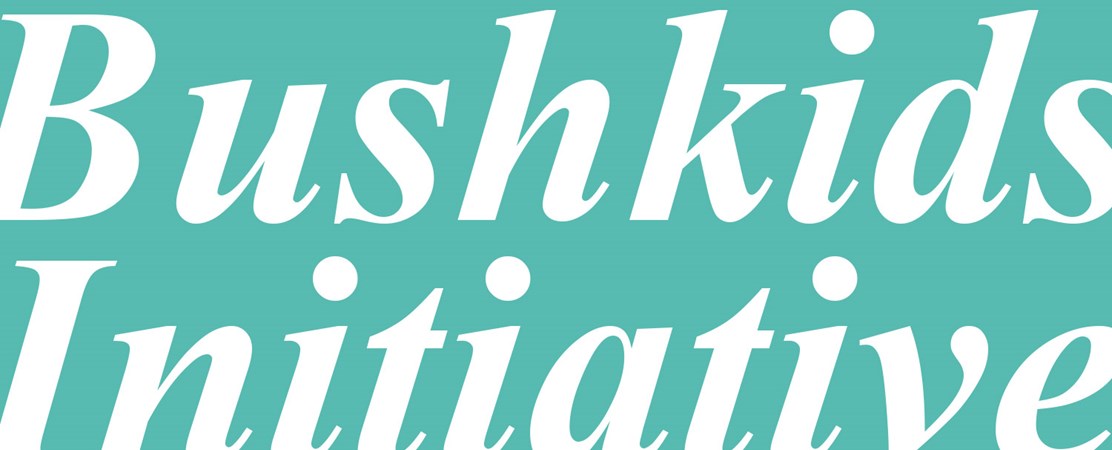Building Relationships with Land: Bushkids Initiative

By Chloe Dragon Smith, Land Relationships Specialist, Bushkids
Bushkids is an outdoor learning initiative based in Yellowknife, Northwest Territories (NWT), Canada. It was co-founded by myself and Wendy Lahey. Bushkids is fundamental to building relationships with Land, which we see as a cultural shift needed to address the broken relationships with Land that have led to the symptom of climate change.
For me, the initiative came from my own upbringing. Sézi Chloe Dragon Smith súlyé. Dënendeh ts’į?ást’į. Sé ts’í ?amá Brenda Dragon hulyé, Sé ts’í ?abá Leonard Smith hulyé. My journey of connection with Nature began long ago with respect for those who came before me. My Dënesųłiné ancestors lived seasonally and travelled: north of Great Slave Lake up to the tundra, and south of Fort Smith into northern Alberta and Saskatchewan. They are my maternal lineage and the two closest are my own mother, Brenda Dragon, and her mother, Jane Dragon. Within my memory, this story begins with them. My mother and grandmother placed value on raising me with a connection to our culture and to Land, just as their mothers did before them. For me, Bushkids is an expression of my life journey to share my gratitude with others. I believe that connecting children with the Land is central to healthy societies, and all the work we do needs to be underpinned by this basic essential foundation.
At Bushkids, we have two guiding principles. The first is Land-based learning, meaning we recognize that the Land is our greatest teacher. Land in the NWT has shaped Peoples, cultures, languages and knowledge since time immemorial. Building relationships with Land is essential to learning and always has been. Land, Peoples and relationships always come first at Bushkids.
The second principle is embodied by a term called ethical space. Ethical space is a way of saying we practice balancing Indigenous worldviews with the mainstream system in the NWT, which due to colonization is largely based in Euro-Western philosophies today. When working within a balanced frame, we can discover the best of both systems, and how they can work together in true balance for optimal and appropriate place-based learning – for everyone.
Our vision is for all educators in the NWT to spend time connecting with Nature, family and community as an integrated part of their practice. This way of being supports healthy relationships with ourselves, each other and the Land. In the future, we would like to see other communities thriving with their own initiatives that are true to local contexts, and see regular outdoor learning in public education everywhere that is self-determined by Lands and Peoples.
